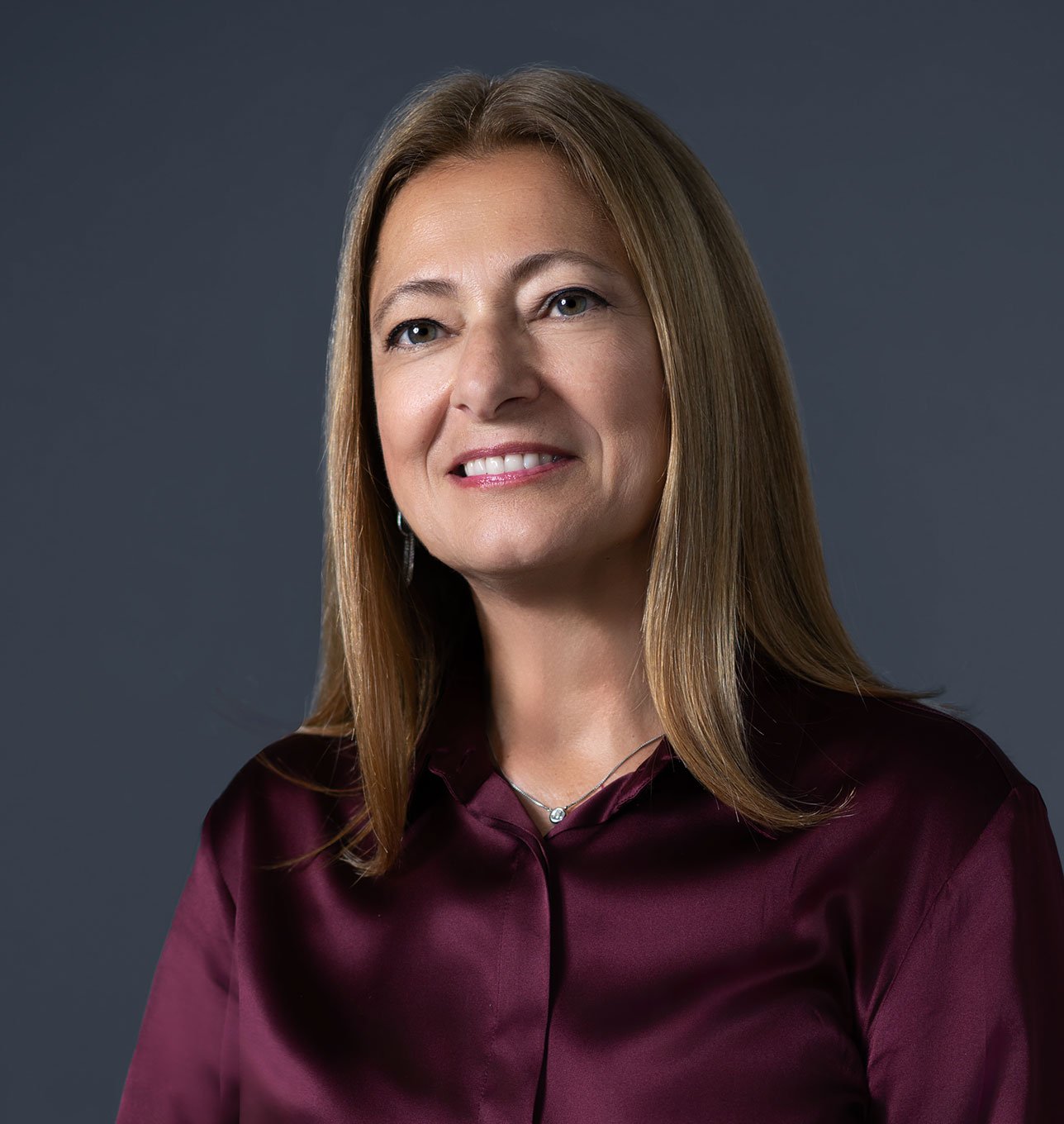概要
Companies rely on Mayer Brown’s comprehensive and strategically tailored approach to combat trade secret misappropriation by identifying, maintaining, enhancing and protecting their assets on a global basis. Mayer Brown’s global team of trade secret practitioners effectively negotiates agreement terms and develops internal programs and policies to ensure that our clients’ trade secret assets are properly identified and maintained. When there is a misappropriation, our team helps clients act quickly and aggressively to limit any harm and reassert control over their trade secret material. If those agreements are breached, or when allegations of misappropriation arise, we are well-positioned to advocate before arbitral panels and trial and appellate courts around the world.
経験
- Faiveley Transport. We achieved a significant trial victory for Faiveley Transport in a trade secret case against a key competitor, Wabtec Corporation. Faiveley claimed that Wabtec had improperly used Faiveley manufacturing drawings containing trade secrets required to make certain train brake parts. Wabtec sought to dismiss the complaint on several grounds, including that the claims were barred by res judicata due to a prior related arbitration. After a week-long jury trial, our client received a verdict of $18.1 million for past and future compensatory damages. On appeal, the Second Circuit issued its decision in favor of the Faiveley Entities, affirming damages of $15 million plus interest (offsetting an amount obtained by Faiveley in a prior arbitration). This award ranks as one of the highest recorded damages awards in New York courts for trade secret misappropriation.
- Avago Technologies Limited, Avago Technologies U.S., Inc. and Avago Wireless IP. We represented Avago Technologies Limited, Avago Technologies U.S., Inc. and Avago Wireless IP (collectively “Avago”) before the US District Court for the District of Arizona in a trade secret, patent infringement and antitrust action related to film bulk acoustic resonators, which are radio frequency electronic components used in mobile devices such as cell phones, smart phones and tablets. TriQuint contended that Avago infringed three patents and that Avago monopolized and/or attempted to monopolize markets for bulk acoustic resonator devices. Avago filed counterclaims that TriQuint infringed ten patents, and that TriQuint misappropriated Avago’s trade secrets and was liable for copyright infringement. We uncovered evidence that TriQuint employees deleted large amounts of information relevant to Avago’s trade secret misappropriation claims. This case settled on very favorable terms before the trial date set in July 2012.
- UAL Corporation and United Airlines. We successfully defended UAL Corporation and United Airlines against claims by Applied Transport Solutions, Inc. (ATS) that United allegedly misappropriated trade secrets and breached a confidentiality agreement in connection with its door-to-door baggage service program. The plaintiff alleged that it presented a model for development of a door-to-door program to United and proposed a joint venture related to its implementation.
- The Big Ten Conference. We successfully defended The Big Ten Conference in federal and state lawsuits in Illinois alleging, among other claims, misappropriation of trade secrets in violation of the Illinois Trade Secrets Act, fraudulent registration of trademarks under the Lanham Act and conversion and misappropriation of trademarks. The plaintiff claimed that in the late 1990s he presented a confidential, written business plan to The Big Ten proposing the development of the Big Ten Network, a satellite television network devoted to Big Ten Conference sports programming, and that The Big Ten rejected his proposal, stole his idea and developed its own Big Ten Network. We secured dismissal of the plaintiff’s federal lawsuit and we persuaded the state court that the plaintiff failed to allege sufficient facts to establish any protected trade secret. We successfully argued the appeal before the Illinois Appellate Court, which unanimously affirmed the lower court’s dismissal with prejudice; we then filed a written opposition with the Illinois Supreme Court to the plaintiff’s leave for appeal. The Supreme Court denied the plaintiff’s petition in November 2011, which ended the proceedings.







